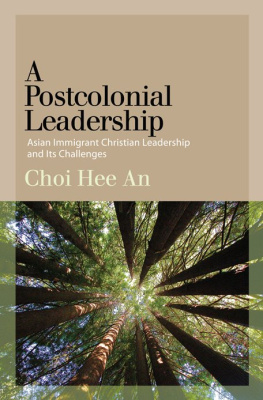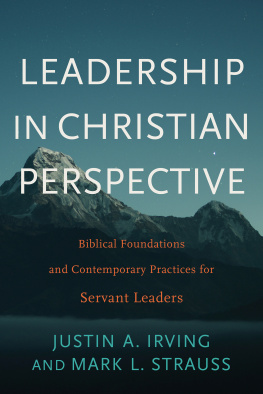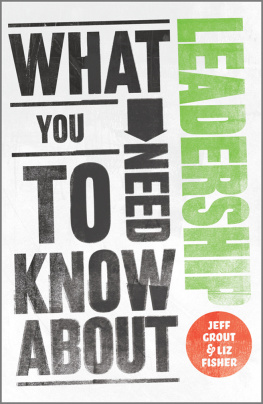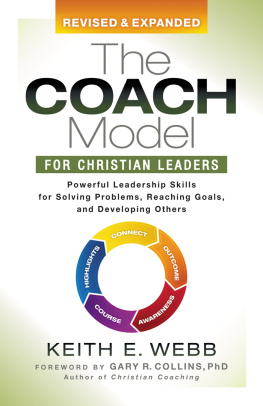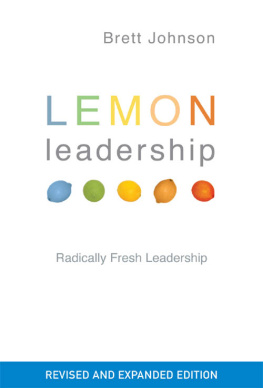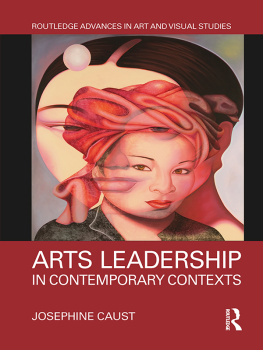A Postcolonial Leadership
A Postcolonial Leadership
Asian Immigrant Christian Leadership and Its Challenges
Choi Hee An
Published by State University of New York Press, Albany
2020 State University of New York
All rights reserved
Printed in the United States of America
No part of this book may be used or reproduced in any manner whatsoever without written permission. No part of this book may be stored in a retrieval system or transmitted in any form or by any means including electronic, electrostatic, magnetic tape, mechanical, photocopying, recording, or otherwise without the prior permission in writing of the publisher.
For information, contact State University of New York Press, Albany, NY
www.sunypress.edu
Library of Congress Cataloging-in-Publication Data
Names: Choi, Hee An, author.
Title: A postcolonial leadership : Asian immigrant Christian leadership and its challenges / Choi Hee An.
Description: Albany : State University of New York Press, 2020. | Includes bibliographical references and index.
Identifiers: LCCN 2019036503 | ISBN 9781438477497 (hardcover) | ISBN 9781438477503 (ebook)
Subjects: LCSH: Church work with immigrants. | Christian leadership. | LeadershipReligious aspectsChristianity. | Asian AmericansReligion. | Postcolonial theology. | LeadershipUnited States. | Asian Americans. | Postcolonialism.
Classification: LCC BV639.I4 C46 2020 | DDC 253.089/95073dc23
LC record available at https://lccn.loc.gov/2019036503
10 9 8 7 6 5 4 3 2 1
For My Mother
(Reverend Choi Yang Ja, )
For My Father
(Elder Choi Jong Kil, )
Contents
Acknowledgments
When I think about leadership, I think about my mother, Reverend Choi Yang Ja and my father Elder Choi Jong Kil. They are two of the greatest communal leaders who worked continuously and tirelessly their entire lives for and with the oppressed, the marginalized, the orphans, the prisoners, the sick, the poor, the old, and people with disabilities. They have taught me how to breathe with and in others and walk with others. They have shown me how to love and care for others and community in their daily lives. Throughout my whole life, I have witnessed their resistant, resilient, collaborative, communal leadership that they have embodied in their faith. Without their model of leadership, I would not be able to write this book.
I want to thank my two younger sisters, Choi Jae Yeon and Choi Kyong Hwa, who hold me in their prayers and support me spiritually and psychologically. As they also have worked for and with the powerless, the poor, the children, and the youth who suffer from violence, poverty, and marginalization, they have taught me how to love and be with others with humility and joy.
I want to thank my beloved friend the late Dr. Dale P. Andrews, who showed me how to love and lead others equally with amazing friendship and mentoring. Even though he is in heaven right now, his leadership continuously inspires my scholarship and teaching. I am and will always be grateful for his friendship forever. I also want to thank Rev. Dr. HiRho Park, who always supports me and shows me how to be a powerful, resistant, and resilient leader through her national leadership role without losing her sincere heart. I want to thank Rev. Dr. Cristian De La Rosa, who cried for me and with me in our academic sisterhood with her warmest heart. I am grateful for Dr. Amy Limpitlaw who works hard to cross over cultural differences and who nurtures our friendship with generosity and care. I am also grateful for Dr. Steven Sandage whose attentiveness and willingness to engage in genuine dialogue have been a deep source of empowerment to me. I especially want to thank Sharon Hunter-Smith, who provided me with good critical comments on this book project. Her continuous friendship made me not feel like a stranger in the United States. I want to thank my mentors, Dr. Lee H. Butler Jr., Dr. Andrew Sung Park, Dr. Eunjoo Mary Kim, and Dr. Peter Phan, who support and encourage me to teach with love and write with integrity and persistence through their mentoring. I also want to thank the Anna Howard Shaw Center Staff, Hazel Monae Johnson Uchenna Joan Awa, and Sadiqa Seona Delaney and all the Anna Howard Shaw Board members who support me and work with me in collaborative leadership. I am grateful for Mary Elizabeth Moore, dean of the School of Theology, and Bishop Susan W. Hassinger, who have exemplified collaborative leadership particularly in developing multicultural competency and in the struggle against white privileges. I also want to thank all BU School of Theology colleagues, who work with me in different capacities of leadership with grace.
I thank the State University of New York Press and my editor, Christopher Ahn, who believed in the value of this book and gave me critical comments with great enthusiasm. I also want to thank my copyeditor, Dana Foote, who read my work line by line with detailed comments.
My deepest gratitude goes to my beloved husband, Rev. Dr. So Kee Boem, who demonstrates powerful collaborative communal leadership in his ministry with lay leaders and community leaders. From this leadership and thoughtful knowledge of theology, he always challenges me with keen insights and wonderful inspiration. With his love, I have been able to continue this walk for the last five years and finally finish this book. I am very grateful for this entire journey walking with my beloveds.
Introduction
The late Filipino immigrant labor leader Philip Vera Cruz once wrote: Leadership, I feel, is only incidental to the movement. The movement should be the most important thing. If the leader becomes the most important part of the movement, then you wont have a movement after the leader is gone. The movement must go beyond its leaders. It must be something that is continuous, with goals and ideals that the leadership can build upon.
Philip Vera Cruzs vision of leadership is rooted in the concept of Shared Leadership that has long characterized the movements of Asian immigrant workers. Historically and today, one of the greatest contributions of immigrant workers to our community is to expand thinking about leadership. Vera Cruzs vision of leadership stands in contrast to the prevailing concept of leadership in society that emphasizes command and management functions, charisma, and personality qualities relating to individual advancement such as assertiveness. Thus, in the minds of most Americans, a leader is like a general in the military, a CEO in a corporation, or the US president. From the prevailing framework, Asian immigrant workers are not leaders.
Glenn Omatsu, Mobilizing Students to Respond to
Community Needs: Organizing a Class
around a Community Project
When I teach a leadership class, I often ask the question, What are some positive and negative images of leaders? Many students answer with various images of leaders and definitions of leadership. However, when I ask the question, What are some images of Asian immigrant leaders, especially Asian immigrant women? there is a long pause. A few images, such as Asians as quiet and submissive, are hesitantly offered. However, these images are discussed in the context of followers rather than leaders. They are either negative or vague images. In fact, some students add that there are almost no famous Asian immigrant leaders or Asian immigrant religious leaders in the US public square.

